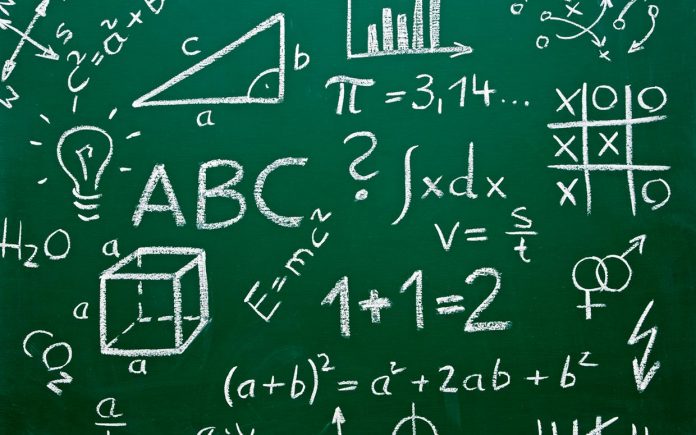Mathematics is a subject that requires diligent practice. And it’s a subject that students tend to regress in quickly when lockdowns and holidays keep students out of the classroom. And often, our focus is on the fundamental steps of problem-solving. But the skillset of a mathematician requires logical reasoning, perseverance, academic rigor, and intellectual flexibility.
These are the skills that transfer easily into successful careers inside and outside of mathematics. While students may not be able to see direct value in practicing mathematics while school is out, the benefits are hidden in the character development that occurs while simultaneously promoting academic achievement.
Practice Mental Arithmetic
Have you ever wondered why some people are really good at figuring out how much to tip or how much change they’ll get back when paying in cash? The mental ability to solve simple math problems like multiplication tables without a pencil and paper is a trick that can be practiced and developed.
But many students struggle with the ‘why.’ Why should we take the time to practice mental math tricks when we all have a smartphone in our pockets? While you’re unlikely to encounter a real-life scenario where you need to multiply two double-digit numbers on the spot, this practice builds mental agility that is worth having.
You’ll become better at juggling and sorting multiple pieces of information, which will make you better able to process information and make lightning-fast decisions in your chosen career path. For an EMT or a business leader, this is a valuable skill that can’t be taught.
Get Good at Dice Games
The thing about dice and card games is that they’re all about probabilities. If you get good at understanding your probabilities, you will also master these games. At the very least, it will make for an interesting parlor trick at parties. Even a board game like Monopoly is largely based on probabilities.
For example, consider this over-simplified scenario. If you have two dice, are your chances equal between rolling a pair of 2’s compared to a 1 and a 3? Many mathematics students will argue until they are blue in the face that their chances are equal. In reality, they are twice as likely to roll and 1 and a 3 than a pair of 2’s.
Become a Fanatic About Following Instructions
This suggestion is oddly not mathematical at all—or is it? Precise communication is a foundational mathematics skill. Think about applied mathematics and the intricate details of every story problem. Students who can read and digest precise instructions with efficiency will have a leg up on their peers. This exercise works well with IB Maths past papers, but can also be done with baking recipes or lego sets if you prefer.
You should not only focus on understanding the instructions, but also begin to question efficiency. Are the instructions clear? Do they produce the desired result? Or could they be condensed to a shorter format? Practice rewriting instructions with a focus on clear and precise communication.
The Bottom Line on Keeping Math Skills Sharp
Learner regression is something that we all face. It’s why every school year is frontloaded with reviews. And it has been especially tough to overcome as schools go back and forth between remote learning and in-person attendance. Don’t let your Math skills take a nosedive during your next break from school. Keep these tips in mind.

